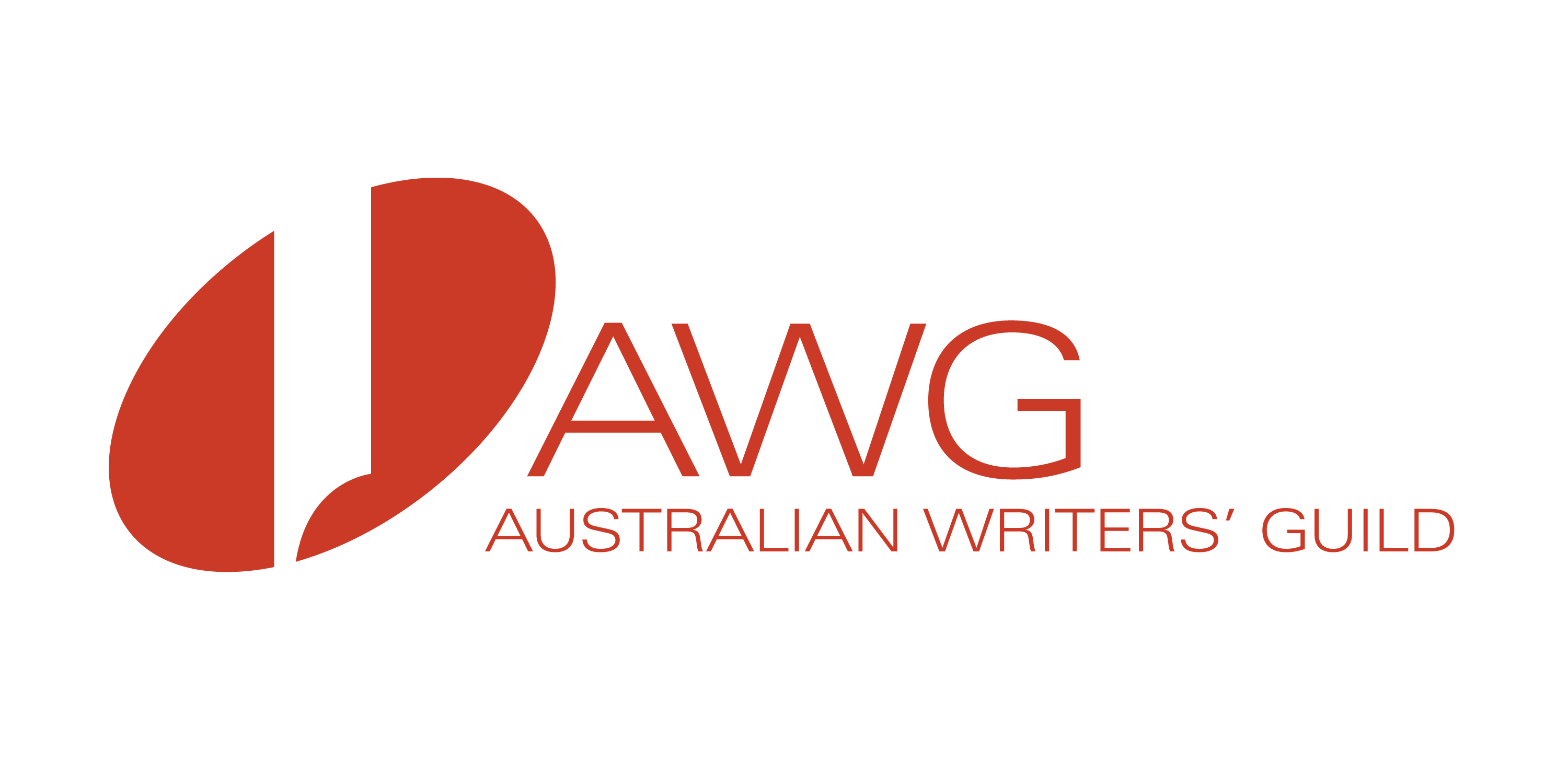
Collective Bargaining & Organizing
Organizing writers to take collective action to achieve a common goal is a key function of IAWG member guilds, even in jurisdictions where formal trade unions are not allowed under competition, labour or other national laws.
At its annual general meeting in 2013, the IAWG held a roundtable discussion on successful collective bargaining. The combined wisdom and expertise resulted in a negotiating tip sheet for its members. That document is available to emerging writers guilds upon request.
More generally, because of the solitary nature of their profession, writers can be reluctant to get involved or difficult to contact and recruit. Below are some of the ways both established and emerging guilds have succeeded in bringing writers together in common purpose to strengthen their organization and achieve their goals.
- Create social spaces for writers to talk to each other about shared experiences and frustrations. Awards, holiday parties, speaker series, workshops and training opportunities, regular informal "meet-ups" at a pub.
- Get your busiest, most respected writers involved in your guild.
- Look for leadership potential among members and cultivate it.
- Form specialized committees and/or caucuses. While there are many commonalities, the nitty gritty concerns of feature film writers are different from those of tv writers, or scripted reality and documentary, animation, children's shows, digital programming, video games.
- Provide an essential service to members, such as a recommended contract template that can ultimately evolve into an industry standard, or collectively negotiated contract. See the New Zealand Writers Guild website for examples here.
- Create networking opportunities with agents, producers, broadcasters, and funding agencies.
- Communicate regularly. Produce a newsletter or magazine and have a positive social media presence.



















